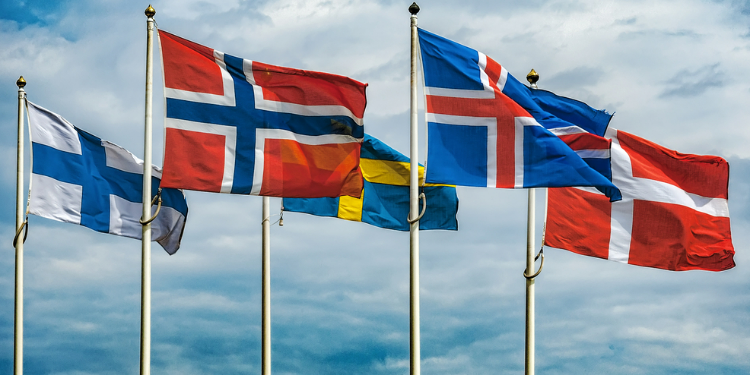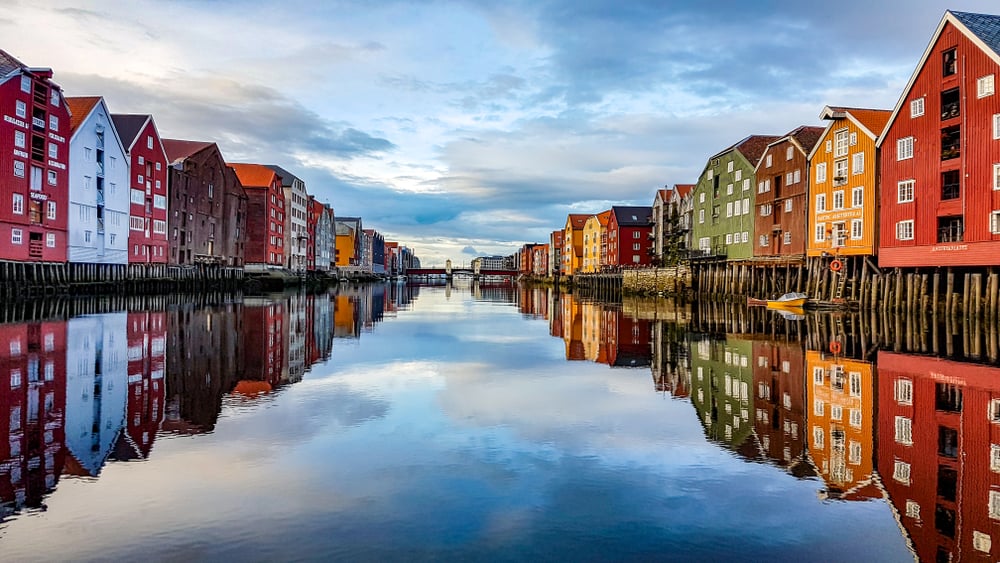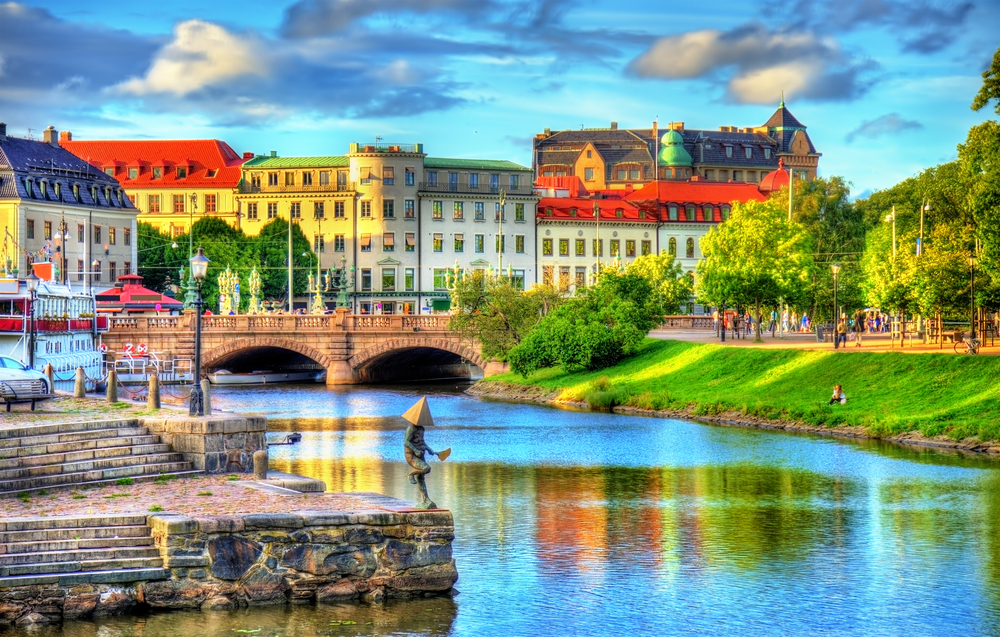
For many years, Scandinavian countries, more often refered to as Nordic countries, have boasted an unparalleled quality of life. Indeed, they rank among the world's happiest countries in the world. The locals are the first to recognize their nation's "soft power". But for expats, is the grass really greener in Nordic countries? Or is it just a myth? Are expats able to fully adapt?
What are the perks of the Scandinavian model?

Norway, Denmark, Sweden and Finland are known as the world's happiest countries thanks to their pleasant living environment, abundant nature, gender equality, inclusiveness, education system focused on the well-being of children, excellent health system, and a robust economy. Norway's economy, for example, resisted the global health crisis better than many countries worldwide. Indeed, the country has experienced the weakest economic recessions in 2020 (-0.8%) compared to other European countries. It also recovered more quickly to its pre-Covid economic level -- which is a good sign for people who are looking to relocate there.
Regarding employment, Scandinavian countries offer more attractive salaries than other countries for better working conditions. In Denmark, for example, gender equality is crucial, as well as work-life balance. In most Scandinavian countries, work starts earlier but also finishes earlier. The family also has significant importance in these countries. Besides, Scandinavian countries have made a lot of progress on the ecological side with fewer cars, more nature, and green energy. Copenhagen, for instance, is the world's most bike-friendly city.
The importance of ecology has increased during the pandemic, with more and more people seeking to bond with nature and reduce their carbon footprint, especially since the Covid pandemic. Expats want to go green and choose countries like Sweden, Finland and Norway, known for their abundant nature, more in harmony with their values. In fact, these values are taught from an early age – the Scandinavian education system is also considered a model. In short, the whole world is aware of the Scandinavian countries' social progress, which is a huge driver for expatriates seeking a better quality of life overall. Does this mean that you can only find happiness in northern Europe?
Inside the Scandinavian model: The worrying rise of racism

No one is questioning the success of the Scandinavian model. The quality of life is excellent, average wages are high, and the living environment is safe and reassuring for expats looking for a change of scenery. The William Russel World Expat Index 2022 ranks Finland 1st country in Europe for quality of life. Finland has also topped the World Happiness Report for 4 years. But what we don't talk about is that Finland was called to order last year by the European Commission. Indeed, Finland, along with Sweden, Poland, Belgium and Bulgaria, seemed to have failed to "fully transpose" a European Union (EU) law against racist and xenophobic protests.
Racism has gained ground in Europe over the past years and hasn't spared Nordic countries. For expatriates, especially those from African countries, integration is a continuous struggle. This seems to be the hidden side of the "Scandinavian miracle". Sweden, a historic land of immigration, is torn today around the notion of "identity". However, the term "land of immigration" sounds a little exaggerated for some.
Interviewed by the French newspaper Liberation on January 22, 2016, Joakim Ruist, an economist specializing in migration, shared his thoughts: "In the 90s, when an immigrant committed a crime, their origin was mentioned in newspaper headlines to increase doubt. Today it is the opposite, and that is quite ridiculous. It is controversial to say that the employment of refugees is 20% lower than that of Swedes or that there are cultural problems in the suburbs. Sweden struggles to admit its migration policy's failure."
The integration issue in Nordic countries

Interviewed on June 14, 2018, in our Expat Mag, Paola, an expat in Finland, is full of praise for her host country. However, she admits that all is not perfect. "What I like least is the Finnish nation's isolation from the rest of the world. People are often under the impression that everything Finnish is necessarily correct. Moreover, racism and discrimination are on the rise." In the same year, Finland was the European country with the highest rate of racial violence and harassment against people of African descent... But most of the time, people talk more about the happiness index and less about the worrying rise of racism, which even taints local politics. Overall, "hate crimes" are on the rise in Norway, Denmark and Sweden. Far-right movements associate rising crime with immigration and mainly target non-white populations.
However, it's not impossible to relocate and adapt to come extent to Nordic countries, although it can take a lot of time, especially if you don't speak the local language. It is highly recommended that you learn your expat country's language, or at least its basics, to facilitate job search and integration. But in Finland, the basics are not enough. Many companies require a very good level of Finnish. For many expatriates, mastering the language has taken a year or more, considering the level of difficulty.
Another issue for expats in Nordic countries is the cost of living and rising inequality. According to the OECD, Norway is a low-ranked country in this field. It's worth noting that the wealthiest 20% of the population earn four times more than the poorest 20%. The same has been observed in Sweden, Denmark and Norway, and the Covid has only made things worse.
What's ahead for Nordic countries?

Scandinavian countries are aware that they need to take proper action without delay. Faced with an aging population, they have implemented new immigration programs to attract skilled workers. Finland alone is looking to welcome 50,000 foreign workers by 2030, but to achieve this, the government will have to relax certain measures to attract and retain international talent. This includes the complex red tape. Companies are also expected to be more flexible regarding language proficiency. In Sweden, associations of workers are pleading for a major overhaul of the Swedish Migration Board to end the "expulsion of skills" that has a negative impact on Sweden's image. Lately, many foreign workers have been driven out of the country over petty administrative issues that they were not even aware of or had not been settled by their employer.
While Nordic countries are doing their best to preserve their image of dreamland for expats, the reality is more complex. The social advances are undeniable, but governments are yet to fight racism effectively to guarantee the same protection and rights for all.



















